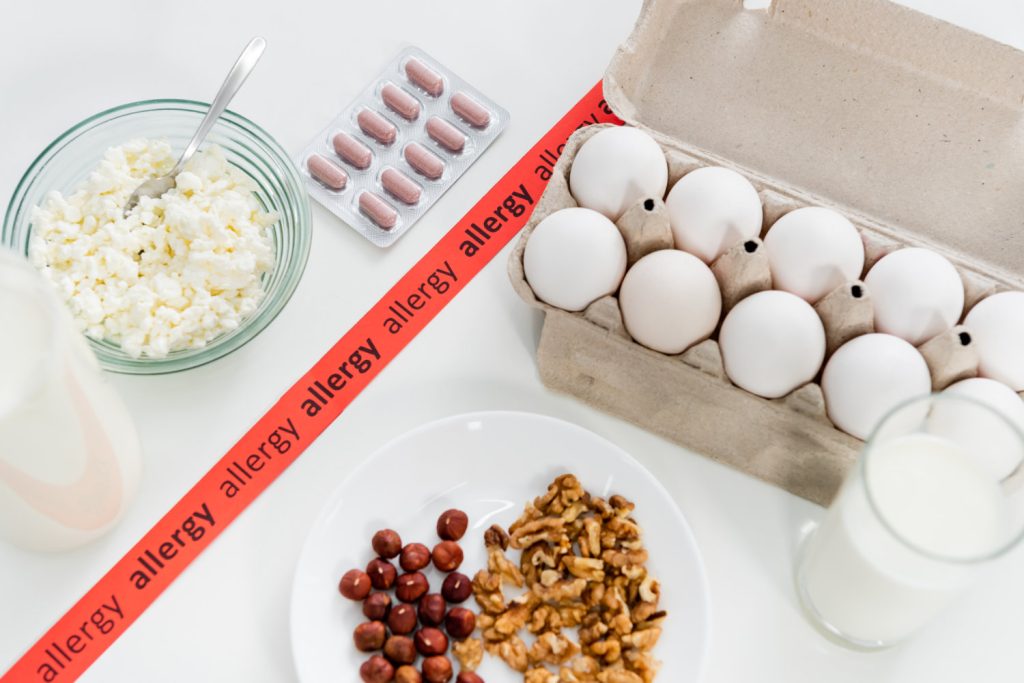The Fast Facts on Pneumonia
In honor of World Pneumonia Day, we’ve tackled a few frequently asked questions regarding pneumonia.
World Pneumonia Day is an annual observance held on November 12. While pneumonia is common, it is also the single biggest infectious killer of adults and children. In 2019, pneumonia claimed the lives of 2.5 million people globally. 75% of those deaths were children under 5 and adults over 70.
Most pneumonia deaths occur in low and middle-income countries due to high amounts of air pollution, although the COVID-19 pandemic has highlighted just how dangerous this illness can be in any country with the right combination of risk factors.
What is Pneumonia?
According to Johns Hopkins Medicine, “pneumonia is an infection of one or both of the lungs caused by bacteria, viruses, or fungi. It’s a serious infection in which the air sacs fill with pus and other liquid. Lobar pneumonia affects one or more sections (lobes) of the lungs. Bronchial pneumonia affects patches throughout both lungs.”
What Causes Pneumonia?
There are over 30 separate causes of pneumonia, although the most commonly diagnosed pneumonia types are:
- Bacterial pneumonia
- This is caused by various bacteria.
- Typically occurs when the body is weakened over a long period of time and the bacteria work their way into the lungs
- Viral pneumonia
- This is caused by various viruses.
- Makes up one-third of all pneumonia cases
- Mycoplasma pneumonia
- Also called atypical pneumonia, as it has different symptoms than other types of pneumonia.
- Usually causes a mild, widespread pneumonia.
- Affects all age groups
- Other pneumonias
- Less common pneumonias caused by other infections, like fungi infections.
What are the Symptoms of Pneumonia?
Symptoms of pneumonia vary a bit between types of pneumonia, as explained below.
- Bacterial pneumonia
- Bluish color to lips and fingernails
- Confused mental state or delirium, especially in older people
- Cough with green, yellow, or bloody mucus
- Fever and heavy sweating
- Loss of appetite
- Extreme tiredness
- Rapid breathing and rapid pulse
- Shaking chills
- Sharp chest pain that’s worse with deep breathing or coughing
- Shortness of breath that worsens with activity
- Viral pneumonia
- Many or all the above symptoms, which can be followed by:
- Headache
- Increasing shortness of breath
- Muscle pain
- Weakness
- Worsening of cough
- Many or all the above symptoms, which can be followed by:
How is Pneumonia Treated?
Treatment depends on the type of pneumonia you have. Most of the time, in mild to moderate cases, pneumonia is treated at home with rest, eating well, increasing fluid intake, pain medicine, and using a humidifier to help open the airways.
In cases of severe pneumonia, hospital treatment may be required and could include IV fluids and antibiotics, oxygen therapy, and/or other breathing treatments.
Can Pneumonia Be Prevented?
Pneumonia can often be prevented by following a few easy tips:
- Wash your hands often.
- Get vaccinated for:
- The flu
- Pneumococcal pneumonia (if under 5 or over 65 years of age)
- Pertussis, chicken pox, and measles
- COVID-19
- Don’t smoke and avoid secondhand smoke.
- Disinfect high-traffic surfaces such as counters, door handles, and your phone.
- Cough and sneeze into a tissue or your elbow.
- Take good care of medical conditions like asthma, diabetes, and/or heart disease.
What are the Risk Factors for Pneumonia?
You’re more likely to develop pneumonia if you:
- Are under the age of 2 or over the age of 65
- Are hospitalized in an intensive care unit (ICU)
- Are hospitalized and on a machine helping you breathe (e.g., a ventilator)
- Have asthma, chronic obstructive pulmonary disease (COPD) or heart disease
- Smoke
- Have a suppressed immune system
- This typically includes people with HIV/AIDS, organ transplant recipients, people receiving chemotherapy, and people using steroids long-term.
For more information on pneumonia and World Pneumonia Day, visit www.stoppneumonia.org.




